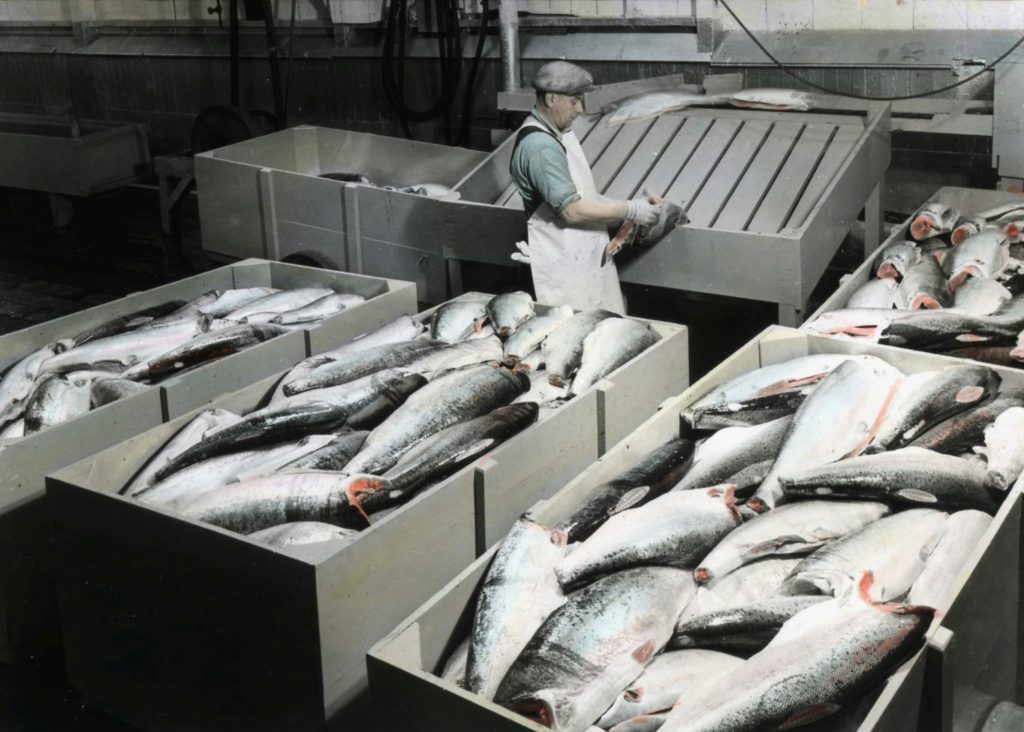Historic Dockworker Strike Disrupts East and Gulf Coast Ports
In a momentous move unseen for nearly half a century, approximately 45,000 dockworkers from the International Longshoremen’s Association (ILA) initiated a strike on the East and Gulf Coasts early Tuesday morning. This significant action marks the first large-scale strike since 1977, driven by escalating demands for better wages, improved benefits, and job security amidst growing concerns over automation in the maritime industry.
As the contract between the ILA and port authorities expired, workers across various states, from Maine to Texas, walked off the job, effectively shutting down ports that handle more than half of the nation’s container imports. The strike has sent ripples through the supply chain, jeopardizing the transport of essential goods ranging from consumer products to industrial materials. The ramifications are expected to be felt deeply across sectors reliant on these ports, including the chemical industry, which faces significant disruptions in both imports and exports.
Union leaders have expressed unwavering confidence in their cause, with Harold Daggett, a prominent figure in the ILA, declaring, “We are going to win.” The statement resonates with a growing sentiment among workers who are calling for a pay increase that reflects the rising cost of living and the integral role they play in the economy. In a show of solidarity, President Biden has called for a “meaningful” increase in dockworker pay, emphasizing the critical nature of their work.
The current strike is not merely a fight for higher wages; it is also a battle to safeguard jobs in the face of advancing automation technologies that threaten traditional roles within the industry. Many longshoremen are concerned that increased automation could diminish employment opportunities, making their fight not only about pay but about the future of their livelihoods.
As the strike continues, port operations along the East and Gulf Coasts remain severely impacted, leading to interruptions in the delivery of various goods. Industry experts warn that prolonged disruptions could result in significant economic losses, affecting businesses and consumers alike. With each passing day, the stakes grow higher, and the need for a resolution becomes increasingly urgent.
In conclusion, the dockworker strike is a pivotal moment in the ongoing discourse surrounding labor rights in the United States. It highlights the challenges faced by workers in an evolving industry and underscores the importance of fair wages and job security. As negotiations advance, the outcome will not only affect the dockworkers but also the broader economy and the future landscape of labor relations in the maritime sector.
Tags: automation, dockworkers, labor strike, Port strike, supply chain, wage increase
East and Gulf Coast Ports Brace for Major Strike as Dock Workers Demand Fair Wages
As tensions rise between dock workers and port authorities, a significant labor strike is poised to disrupt operations at major East and Gulf Coast ports, marking the first such shutdown in nearly half a century. Union workers from Texas to New England are advocating for better wages and opposing the automation of jobs, which they argue threatens their livelihoods. The impending strike has raised alarms across various sectors, particularly among chemical and pharmaceutical manufacturers, who worry about potential shortages of raw materials if operations come to a halt.
With a deadline for the strike fast approaching, trucking companies and freight rail operators are scrambling to avert a crisis, attempting to reroute billions in trade that typically flows through the 14 affected ports. The situation has escalated to the point where the group representing these ports has sought intervention from a federal agency, urging the Longshoremen’s union to engage in negotiations to avert a work stoppage.
At least 25,000 dock workers are preparing for the strike, which could have severe repercussions for the import-export industry, particularly affecting the fruit trade. The potential shutdown could reshape supply chains and lead to significant delays in deliveries, causing ripple effects throughout the economy.
This looming strike not only highlights the ongoing struggles faced by labor unions in securing fair compensation and job security, but it also underscores the fragility of the modern supply chain. As the nation navigates through post-pandemic recovery, the impact of this labor dispute could be felt far and wide, affecting consumers and businesses alike.
As the deadline nears, all eyes are on port authorities and union leaders to see if a resolution can be reached to avoid what could become one of the most disruptive strikes in U.S. history. The stakes are high, and the outcome of these negotiations could set a precedent for labor relations in the years to come.
Tags: dock workers, labor strike, port operations, Port strike, supply chain disruption


